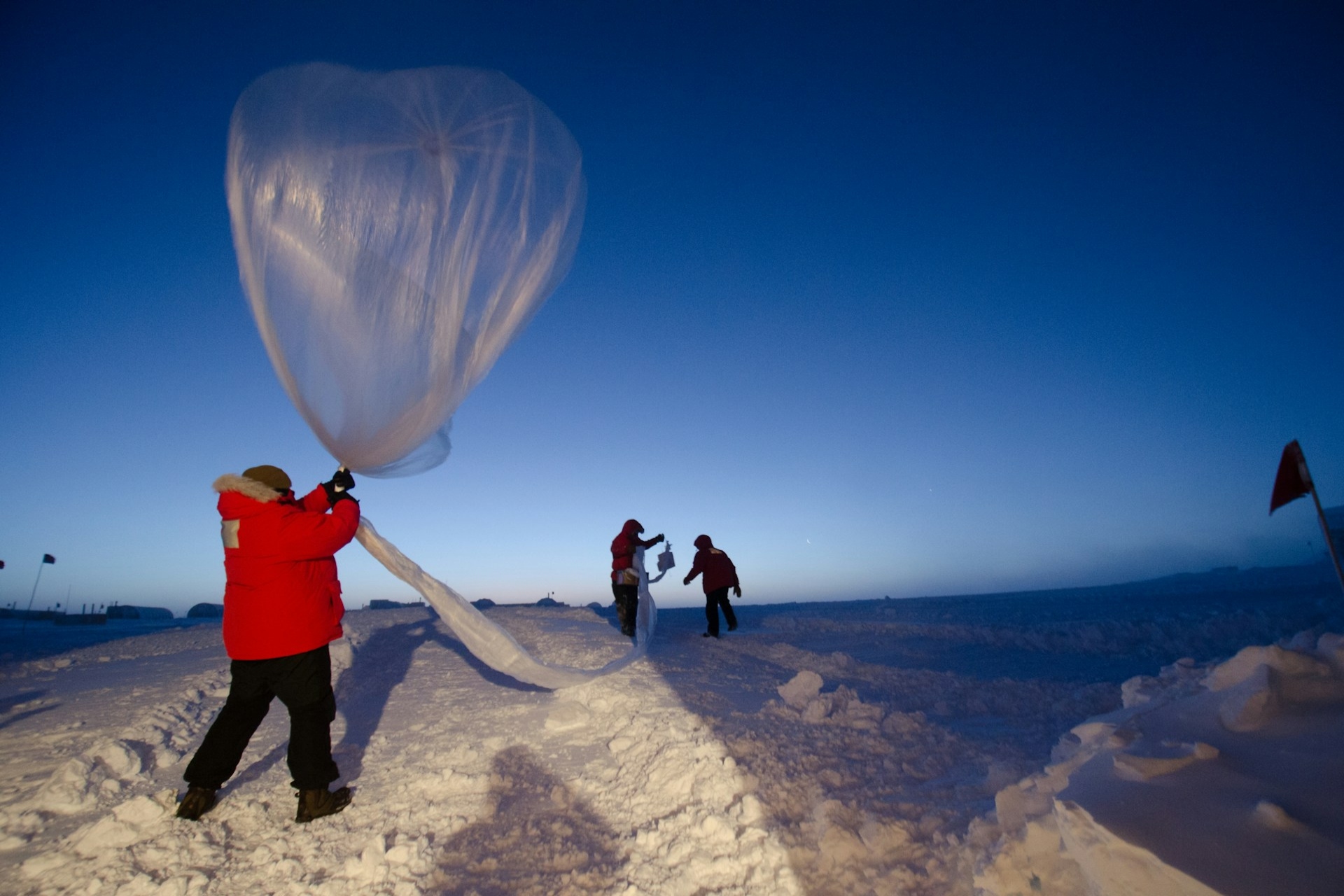
10 Best Environmental Science Degrees
We are reader-supported. When you buy through links on our site, we may earn affiliate commission.
With the living world on fire, are you ready to create change for the better? If so, consider pursuing one of the best environmental science degrees of 2024.
Environmental science pertains to living cohesively with and enhancing the natural world. Majoring in these degree programs combines general science curriculums with conservation, technology, engineering, and political coursework.
Of course, environmental science is broken up into different niches of ecological protection. Some provide more opportunities than others based on today’s core environmental problems. Here are today’s 10 best environmental science degrees with the greatest potential impact on the planet.
Green Careers on an Upward Trend
“Climate change” is more than a buzzword. In fact, Americans have made their stance clear: The United States should support environmental initiatives for the changing planet.
A recent Pew Research Center study found 69% of Americans want to become carbon neutral by 2050. Meanwhile, another 67% say the country should prioritize renewable energy solutions.
Of course, if the U.S. hopes to achieve any of these goals, it needs field experts across an array of environmental science subsectors. Younger generations have shown a keen interest in planetary health, conferring 9,339 environmental science degrees in 2020 — a 5% annual growth rate.
Trends show little sign of slowing down, especially following the 2022 Inflation Reduction Act’s incentives for green infrastructure, manufacturing, and transportation.
10 Best Environmental Science Degrees
Students who pursue environmental science in college match with fulfilling, lucrative careers aimed at safeguarding the Earth for future generations. Here are 10 degrees with the most opportunities upon graduation.
1. Environmental Policy and Law
What good is it to have expertise in environmental science without the means of creating positive change? An environmental policy and law degree combines science with policy, enabling you to navigate — and sometimes construct — widespread ecological regulations.
From mitigating air pollution to protecting endangered wildlife, you will learn to utilize existing laws to save the planet in the future. A background in environmental laws also enables greater advocacy for sustainability.
2. Environment Chemistry
Per- and polyfluoroalkyl substances (PFAS) are in 97% of Americans’ bloodstreams, imposing widespread health concerns upon exposure. PFAS pollution is among the many mysteries explored by environmental chemists.
With an environmental chemistry degree, you analyze soil, water, and air chemicals. Essentially, you become a problem solver, investigating the chemical makeup of various contaminants, tracking their movement, and implementing the appropriate clean-up efforts.
Environmental chemists may also serve as consultants when creating policies to mitigate pollution caused by industries and people.
3. Sustainability Science
Today’s urban planners, renewable engineers, and agricultural developers should hold a sustainability science degree. A background in sustainability allows them to address resource depletion, pollution, food security, and global warming.
Sustainability scientists keenly understand how humans interact with the natural world. Likewise, they may deploy the latest technologies to design climate change solutions.
4. Conservation Biology
Sadly, there are over 157,100 species listed on the International Union of Conservation Network Red List. Over 44,000 species are threatened or on the verge of extinction. Conservation biologists work tirelessly to reverse these outcomes through meaningful, comprehensive conservation initiatives.
As a conservation biologist, you will research different ecosystems to understand what species live there and the environmental threats they face. After identifying the core issues, you can create efforts to resolve them, advocate for wildlife protection, and organize restoration and remediation.
5. Soil Science
As one of the more complex and overlooked environmental science degrees, soil science takes a deeper look at the world beneath our feet. Soil is so vital some consider it the foundation of all life.
Throughout this curriculum, you’ll learn about this essential resource’s chemical, biological, and physical structures, including how its nutrients and microbes promote clean water, sufficient agricultural yields, and clean air. Whether fighting climate change or restoring habitats, soil science is one area of environmental science you should be aware of.
6. Aquatic and Marine Ecology
Aquatic and marine ecology degrees are among the best environmental science degrees for individuals seeking hands-on field experience and lab work. Study different aquatic and marine organisms and utilize critical thinking to understand fundamental ecological problems in aquatic ecosystems.
This isn’t a degree for aquatic and marine protection, though. Research, monitor, and resolve water pollution to protect vital water sources and human health.
7. Environmental Engineering
Electrical vehicle ownership tripled from 4%-14% from 2020 to 2023. Likewise, a growing interest in solar energy has resulted in a 10-year 167% employment growth in solar manufacturing, installation, and sales.
Environmental engineers are the masterminds behind these green solutions, combining science and technology to improve clean air and water. From consumer products to municipal processes, environmental engineers help create a healthier planet for everyone.
8. Environmental Biotechnology
Environmental biotechnology is a unique branch of biotechnology and environmental science, concentrating on species genetics, pollution removal, and renewable energy through biological processes.
Ecological biotechnologists deploy various applications to conserve and restore the natural world. They may investigate how certain bacteria break down pollutants in water and soil or how algae cleans wastewater. Biotechnology applications also get applied to contaminated sites undergoing remediation.
9. Forestry
Forestry degrees are hands-on, preparing environmental science students for land management and conservation careers. They may work for government agencies, non-profit organizations, and national, state or local parks.
Look for a forestry program accredited by the Society of American Foresters. While curriculums vary, you can expect to take courses like forest ecology, soil science, silviculture, and tree biology. Some concentrations could include recreation management or fire science.
10. Atmospheric Science
How would you like to predict extreme weather — like hurricanes and tornadoes — and save communities from impending damage? Atmospheric science is one of the best environmental science degrees for investigating weather patterns and getting the word out quickly.
Meteorology has come a long way throughout the centuries. Thanks to advanced technologies, atmospheric scientists can detect weather more efficiently, giving emergency responders and citizens more time to prepare for the worst. Even making storm forecasts 50% more accurate can save 2,200 more people annually.
Change the World With the Best Environmental Science Degrees
You will find opportunities with any environmental science degree. With more people becoming increasingly climate-aware and eager to make a difference, your contributions to the field will be of the utmost value.
Share on
Like what you read? Join other Environment.co readers!
Get the latest updates on our planet by subscribing to the Environment.co newsletter!
About the author
Steve Russell
Steve is the Managing Editor of Environment.co and regularly contributes articles related to wildlife, biodiversity, and recycling. His passions include wildlife photography and bird watching.





